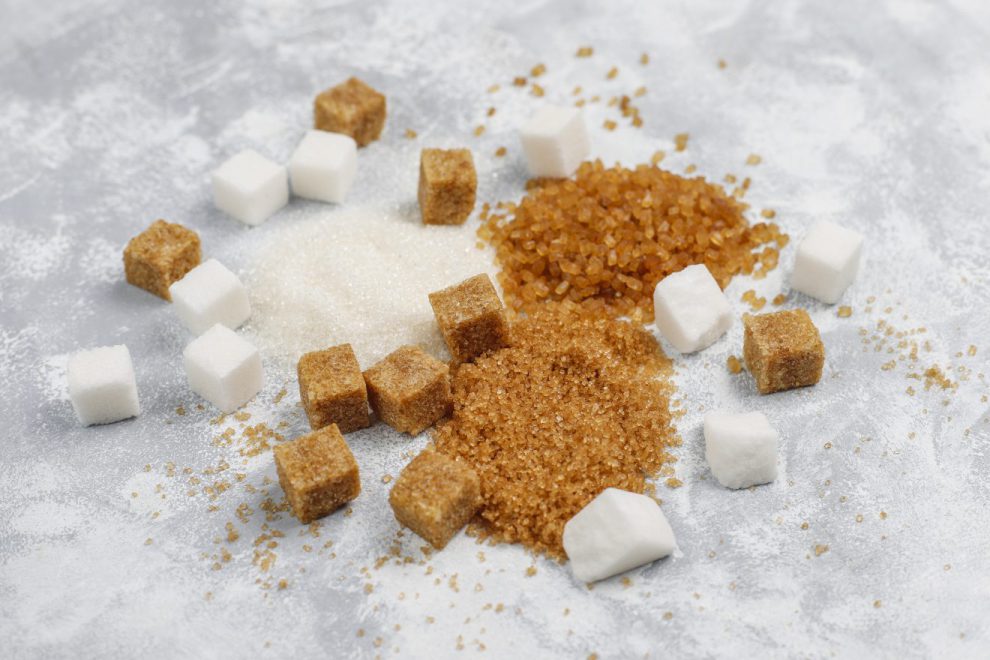White sugar can be found in every house since it is an ingredient of so many foods. Everyone knows that it is not healthy but many people keep using sugar anyway. Sugar consumption can lead to diabetes, cardiovascular diseases, and excess weight. There are alternative sweetening substances – some healthy, some not. Artificial sweeteners are to be avoided. We know about better, natural sugar substitutes. Let’s see what they are!
MOLASSES
It is a syrup made in the process of sugar production. Molasses is obtained from sugar cane or sugar beet. The product varies in sugar content and nutritional value. Its coloring also varies – black molasses is the least sweet but it contains the highest amount of minerals. Light molasses is sweeter but not as healthy. The product’s beneficial nutrients include: iron, magnesium, potassium, calcium, copper, phosphorus, chromium, and B vitamins. It lowers blood cholesterol and improves the immune and nervous systems. Molasses is also used as tea, coffee, cake, and marinade sweetener. It also works great when added to sandwiches, pancakes, and oatmeal.
STEVIA
It is a plant that has steviol glycosides in its stem and leaves. These substances produce the plant’s sweet taste. Amazingly, stevia is sweeter than sugar but does not have calories so it works great for people on a diet. What is also great about stevia is that it does not cause teeth decay. This is especially relevant for small children. The substance is not too sweet at all, and, in fact, has a bitter aftertaste, which is a drawback. The compound is obtained from stevia leaves; they can be fresh, dried, or ground into a powder. Stevia is used to sweeten tea, coffee, and fruit preserves. However, the product should not be thermally processed as it will turn into caramel.
XYLITOL
It is a sugar made from birch bark. Its calorie content is much lower than that of classic sugar. Similarly, xylitol’s glycemic index is 10 times lower; hence, it doesn’t trigger sudden insulin releases to the bloodstream, and, as a consequence, is recommended to diabetics. According to dieticians, xylitol consumption is good for health. It prevents acidosis, improves the absorption of calcium and magnesium, and boosts immunity. It also positively affects the gut microbiome. Used every day, the substance reduces sweet cravings. Moreover, being of similar sweetness to sugar, xylitol can be added to coffee, tea, cakes, and fruit preserves. You can use it while cooking, baking, and freezing food.
TAGATOSE
Tagatose is a monosaccharide obtained from lactose as a result of complicated chemical reactions. It has a low glycemic index. Only 20% of the substance is digested; the rest goes to the colon and works as a probiotic. Tagatose can be added to mousses and sauces. Its special quality is that it ferments with yeast; so, tagatose works great for baking cakes.
Other natural sweeteners include:
- dates and date syrup
- honey
- maple syrup
- dried fruit, e.g.: raisins, apricots, figs, prunes
- bananas















Add Comment